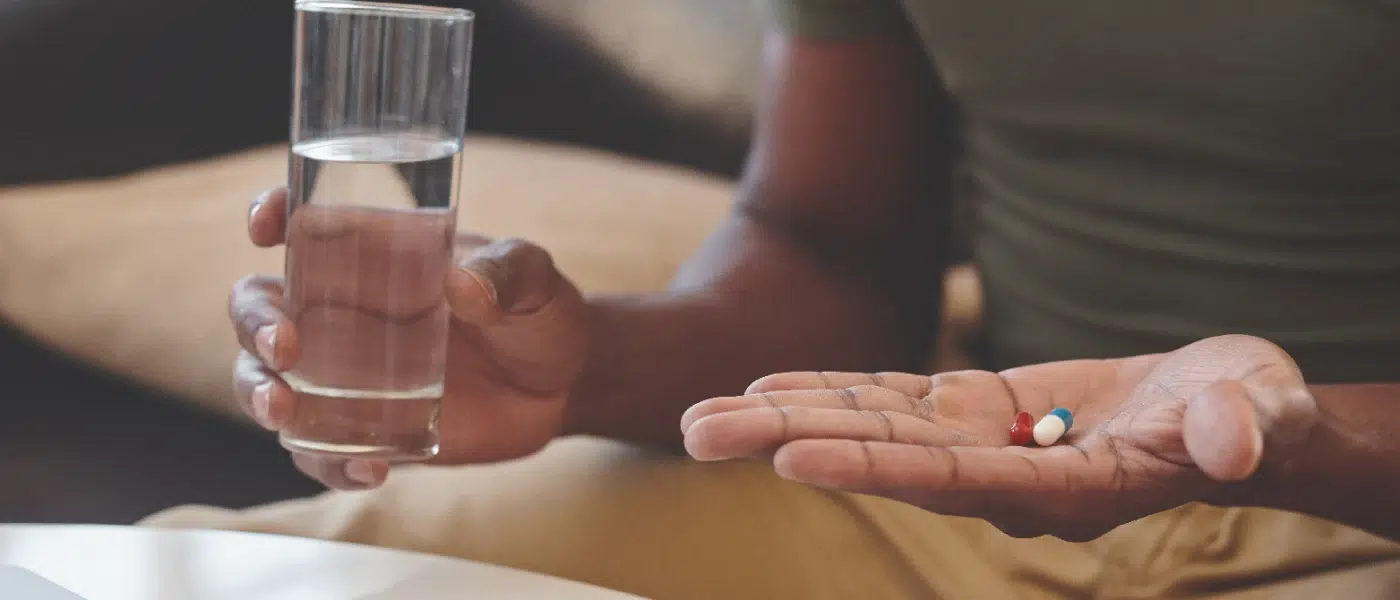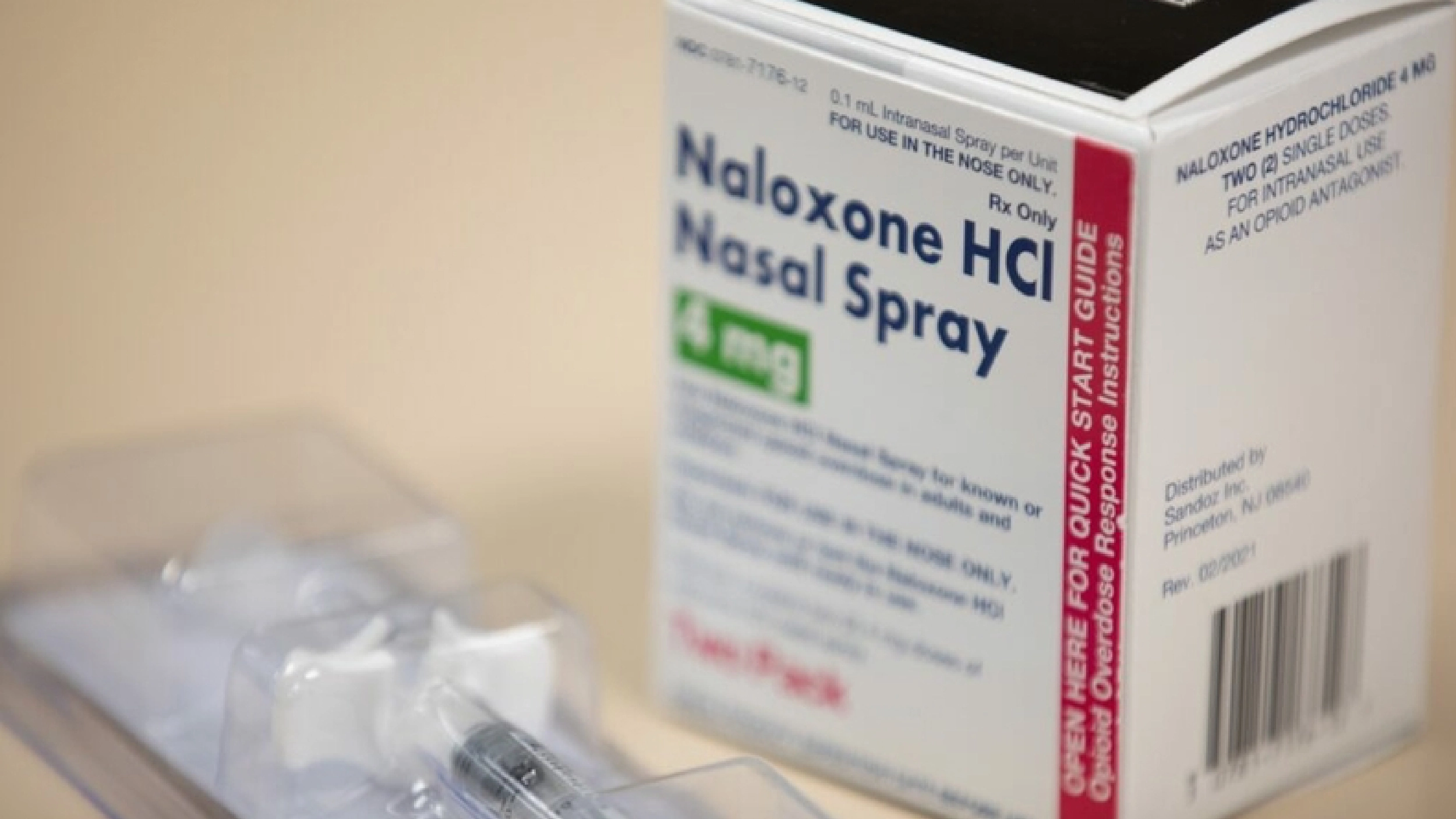
A Guide To Repairing Family Relationships
Discover expert tips for repairing family relationships and fostering healthy connections with The Recovery Team.

In the United States, benzodiazepines are among the most commonly prescribed drugs. When people who do not have prescriptions use these medicines for their sedative effects, use becomes abuse.
Benzodiazepines are drugs that slow down the brain and central nervous system activity. The medicine enhances the effects of GABA (gamma-aminobutyric acid) on your brain and body. This means that the drug may make you feel relaxed and relax your muscles.
Doctors prescribe benzos to treat anxiety disorder, insomnia, and other mental disorders. It also addresses neurological problems like seizures. These drugs are strictly controlled and may only be obtained with a prescription.
Furthermore, benzodiazepines are frequently misused. This is partly due to the hazardous effects they create and their availability.
Detox is the first stage in the treatment of drug addiction. It is a method of draining toxins from the body to treat acute intoxication and help in substance misuse rehab.
Once detox has been completed successfully, the next step in benzodiazepine addiction therapy is continuous addiction recovery treatment. The treatment can be done in an inpatient or outpatient setting.
Both treatment types have several subtypes. The main difference is that an inpatient program needs a patient to live at the facility. In contrast, an outpatient program allows patients to live at home and regularly commute to the treatment center for their sessions.
The person’s specific needs determine the treatment method. Those who are chronically addicted, have a history of relapse, or have an environment with many potential triggers would likely benefit from inpatient care.
On the other hand, someone in the early stages of addiction with a family support system may find that outpatient care is sufficient.
If you suffer from benzodiazepine abuse and need help, consider The Recovery Team. We have a highly qualified team of addiction specialists to treat all types of addiction. Contact us at (800) 817-1247 and get treatment today.
There are various signs of benzo addiction. However, some of the most common symptoms of benzo overdose are as follows:
Moreover, chronic benzo abuse can result in the following symptoms:
All the signs mentioned above are common signs of addiction, though the signs can vary from person to person. Benzo addiction can cause mental and physical dependence.
Addictions to benzo drugs can develop without the affected person or their loved ones realizing anything has changed. Addiction can grow even when taking these drugs as prescribed by a doctor.
Mood swings and dangerous behavior are signs of drug addiction when a person runs out of prescription or craves more intense effects.
If you or your loved one has the following signs, then it is time to seek professional help:
Seeing someone you care about struggling with drug abuse may be very upsetting and draining on your own mental and emotional health.
Furthermore, drug misuse and addiction can severely impact physical and mental health, whether with recreational or prescribed drugs. But don’t worry; recovery is possible.
You cannot force someone to beat their addiction, but your love, support, and patience can help them recover. You may help your loved one’s efforts, set the required limits to protect your health and well-being, and find stability for yourself and your loved one.
Finally, if someone you care about has overdosed, you must seek the help of medical professionals immediately.
Several variables, according to experts, can lead to drug use disorder. Benzos are habit-forming sedatives, which means that anyone who uses them risks becoming addicted to them.
Individuals who use benzos regularly may feel dangerously calm and demand more substances to get the intended benefits.
The fear of withdrawal is also a big reason why people use benzos. People who combine the medicine with other drugs or use it for longer than prescribed are at more risk for addiction.
Some of the common causes of Benzos addiction are as follows:
A person’s vulnerability to addiction is inherited. As per the research, people with a family member with a drug use issue are more likely to develop an addiction.
A drug use problem may be influenced by genetic factors in various ways, including:
Benzodiazepines are given to treat inadequate GABA synthesis in the brain.
When benzodiazepines enter your brain, they trigger neurotransmitters that release GABA. You will sense contentment, relaxation, and well-being after being aroused.
These enjoyable sensations motivate you to continue taking benzos even if you no longer need their medicinal effects.
When you abuse benzos, your brain becomes dependent on them to boost neurotransmitters. This is a dangerous path that may lead to benzo addiction.
As previously stated, benzodiazepines are highly addictive and frequently misused drugs. The body quickly tolerates this medicine, forcing you to take more to get the same results. This can easily progress to addiction or support, which can be medically and mentally harmful.
The origins of benzodiazepine addiction are unknown; nevertheless, it is thought that multiple elements work together to take someone down the road to addiction. These include:
Benzodiazepine is the most commonly prescribed medication in the US to treat anxiety, depression, and insomnia. The drug is easily accessible at medical stores with a prescription.
Moreover, Benzodiazepines can also be acquired via non-drug dealers, like friends or family members who share or sell their tablets or have their pills unsecured.
When drug traffickers do not have benzos on hand, they may give the person additional harmful substances, which can lead to polysubstance abuse.
Furthermore, because narcotics are not tested or validated when obtained on the street, buyers never fully know what they are purchasing.
Social pressure to use substances can contribute to substance use disorder (SUD), potentially leading to addiction. Social pressure can be positive and negative; in some cases, people may pressure others not to use recreational drugs and alcohol.
Social pressure is also highly complex, as it is not always direct. It can sometimes manifest as indirect pressure, like when a person sees many or even all of their friends using drugs.
Moreover, social pressure and relapse in addiction may also be related since this pressure may result in relapse after an addict has opted to pursue treatment.
People are more likely to develop a prescription drug addiction if the family does not support them or is not actively involved. This is especially true in teens and extends to a lack of supervision.
When family or friends abandon a person, people are more likely to develop an addiction. Benzo drugs treat anxiety, depression, and insomnia. So, when people are hurt, feel depressed, or feel alone, they also start abusing prescription drugs like benzos.
Drugs are compounds that affect the body and the brain. Different medications can have various impacts. The effects of addiction only worsen over time.
There may be short-term and long-term health effects, job loss, increased financial difficulties, and run-ins with the authorities. Living with an active addiction is not an easy way to live.
However, people who suffer from addiction are not the only ones who feel the effects. The consequences of active addiction extend well beyond the person abusing drugs.
When someone has an addiction, their immediate family members are also affected. Addiction can also seriously affect relationships, employment, and overall health.
Addiction is a disorder of the brain and behavior. When you’re hooked on drugs, you can’t stop using them, no matter how dangerous.
That includes during activities like driving, which can be deadly while under the influence of benzos. The sooner you seek treatment for drug addiction, the more chances you have to control some of the disease’s more serious effects.
Putting your life in danger is one major risk of addiction. Benzos have the possibility of increasing suicidal thoughts or actions.
Addiction impacts the individual struggling with it and all parts of their life, including family, friends, and partners. Substance abuse and addiction will harm relationships.
Siblings become enraged with one another, mothers grieve, dads struggle with despair, and friends struggle with fear – all hoping they know how to make things better.
Moreover, an addict may try to hide their drug use from their spouse. Secrecy and lying often generate doubt in a relationship, which can lead to constant quarrels.
The addicted partner may experience guilt, judgment, or a lack of support from their significant other, while the partner may respond with allegations, dominating behaviors, or extreme caretaking.
A person addicted to illegal narcotics or prescription medicines would eventually affect their job. Addiction is characterized by the disruption of a person’s life in often very significant ways.
People who are addicted to prescription drugs may struggle to be at work on time or control their mood swings and anger. Addiction is a persistent and chronic condition that requires treatment.
It can eventually have a negative impact on a person’s job performance to the point where job loss is unavoidable.
Drugs interact with molecules in your brain and body to make you feel a specific way. Some prescription medications help in mood regulation, sleep, and pain management. However, they can potentially have dangerous side effects when overused.
A prescription medicine taken in high doses or when not needed for medical reasons could also alter your mind. Drugs can not only make you euphoric, but they can also lead you to act erratically.
Drug abuse raises your chances of getting wounded or making poor judgments with long-term effects.
You may choose an addiction treatment plan that best meets your particular needs with the help of many choices. Addiction therapy does not come in one size fits all. Treatments may differ depending on your requirements.
You can choose the best therapy or group therapy depending on the substance you’re abusing, the degree of care you require, your specific mental health requirements, or the healthcare alternatives you can afford.
Here are some of the most popular addiction treatments that have helped people get lasting recovery.
Medical detox is a medically supervised withdrawal management process. It is an effective and safe way to start recovering from substance abuse difficulties.
The detox procedure is designed to reduce benzo withdrawal signs while making the experience as safe and comfortable as possible. This is normally done at a specialized detox center or facility under the supervision of physicians, nurses, and other healthcare experts.
Trying to detox on your own is risky, and people may get uncontrolled withdrawal symptoms. Withdrawal on your own can also be life-threatening.
Residential rehab treatment exists to give people who are most vulnerable a secure setting in which to become stable and develop skills for re-entry into society while preserving emotional, mental, and physical balance. Nurses, therapists, and doctors provide services to help people improve their health.
Exposure to therapy to modify behaviors is the most crucial aspect of residential treatment for people recovering from substance abuse, whether it lasts a few weeks or a few years.
The person must establish a need to be separated from their current home and work environment and remain in a setting that limits drug availability and reduces emotional triggers.
There are various therapies that are effective in treating drug addiction. Some of them are as follows:
Cognitive Behavioral Therapy: CBT can help you understand your undesirable behavioral patterns and learn to recognize triggers, and create coping techniques. CBT can also be coupled with other treatment strategies.
Rational Emotive Behavior Therapy (REBT): It may help you recognize negative ideas and combat emotions of self-defeat. REBT’s goal is to help you comprehend that the ability of rational thinking is within you and not dependent on external pressures.
Contingency Management Treatment: It supports positive behavior by providing real incentives. As per the National Institute on Drug Abuse, this sort of treatment has been used effectively to combat relapse.

Discover expert tips for repairing family relationships and fostering healthy connections with The Recovery Team.

Discover practical tips on how to set boundaries with people in this expert guide from The Recovery Team.

Naloxone saves lives. The Recovery Team shares how to reverse an opioid overdose with this drug.
Benzos are highly addictive because the body and brain quickly develop tolerance, requiring higher amounts to have the same effect. Long-term use of benzodiazepine trains the body to rely on external relaxation methods.
Hence, patients become progressively tight and irritable in the lack of regular dosages and psychologically dependent on this simple means of stress release.
Furthermore, most benzo usage includes prescription drugs, and it is psychologically simpler to justify the misuse of a doctor-approved substance.
Withdrawing off benzos is a very tough and perhaps risky procedure. For several weeks, you should anticipate feeling nervous and on edge. You may become angry and hypersensitive to your surroundings.
Insomnia is also rather prevalent. Physical symptoms like headaches and sweaty palms may also occur within the first week.
When people who have been using benzos for more than six months suddenly stop, around 40 percent have moderate to severe withdrawal signs. The remaining 60 percent have minor symptoms.
Benzodiazepines relieve anxiety by influencing the body’s major inhibitory neurotransmitter in the central nervous system, gamma-aminobutyric acid, or GABA.
Benzodiazepines help GABA connect to receptors throughout the brain and spinal cord, causing an excessively stimulated central nervous system to quiet down and promote sensations of relaxation.
This can create tolerance over time with continued use. Two things can then happen: a person takes more benzodiazepines to obtain the same desired effect, or there is a noticeably decreased impact with continuing use of the same dose of benzos.
Tolerance can contribute to the development of benzodiazepine physiological dependency.